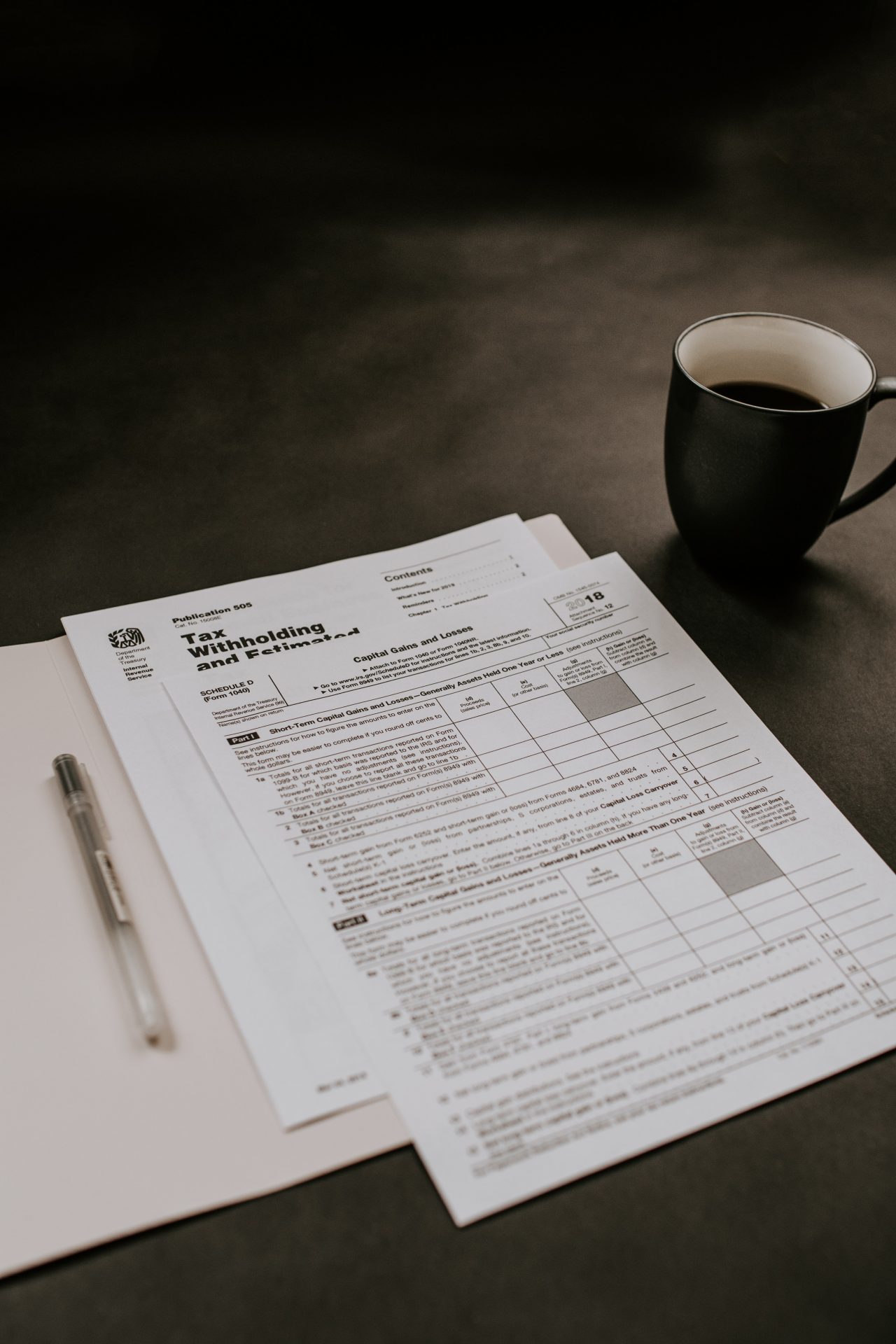
Taxes are valuable for shareholders’ and lenders’ pockets. Neglecting the importance of the public role in a company’s balance sheet is not a political ideology, it is an intellectual flaw.
To those who need to keep revising for the final exams, here is what tax shield, a major FIN2 concept, actually is. A company is financing assets to make money for those financing the investments: the lenders and the shareholders. In a simplified world where you don’t make money by selling companies—which is schematically acceptable since at the end of the day you sell future cash flows—you give money to the investors via two ways: interest payments for the lenders and dividends for the shareholders. The difference between the two on the income statement is simple: the first one happens before you pay taxes, and the second one after. So, if your tax rate is 30%, paying 100 in interests means paying 70 in dividends. In short, if you ask for more lender money (debt) and less shareholder money (equity), more money is flowing in the investors’ pockets. You create more value. Since you take the cash out before paying your taxes, the government gets less money and the investors get more.
Now, this is actually a one-sided version that forgets that the government is an investor. The government enables shareholders to hold shares, debtors to hold debt and the company to hold assets. No liabilities mean no company. But no government also means no company. A company would indeed need to pay for a private solution for enforcing its property rights—which would never perform better than the State at this task. By protecting property rights, the government becomes an investor. This right is valuable and should be considered as a liability for the company. As any investor, the government needs to be paid, and our societies believe that the claim on the company’s profit for the government is 30%. Thus, we need to consider taxes as value created for a stakeholder. So, claiming that a tax shield creates value is a wrong and biased idea, based on the principle that the government is the enemy of business, when, in fact, it is its critical partner. One should not consider the value created by a company for its stakeholders being only dividends and interest payments but also taxes. The return on assets should include taxes, since those are helping the government to do its job of guaranteeing the rights of property. The less money we give to the government, the less our property right is guaranteed and thus the less the value of our securities.
Hence, the idea of a tax shield is simply wrong. Paying 100 in interests and paying 70 in dividends and 30 in taxes are an equal payment to your stakeholders. Like it or not, 100 = 100. Liberalism includes the public sector, and finance should acknowledge it.
 Benjamin Dupays (MBA ’20) grew up in France and holds a degree from Sciences Po Paris. Prior to HBS, he started Centimeo, a social venture focused on recycling useless pennies in the economy through chewing-gum vending machines.
Benjamin Dupays (MBA ’20) grew up in France and holds a degree from Sciences Po Paris. Prior to HBS, he started Centimeo, a social venture focused on recycling useless pennies in the economy through chewing-gum vending machines.


